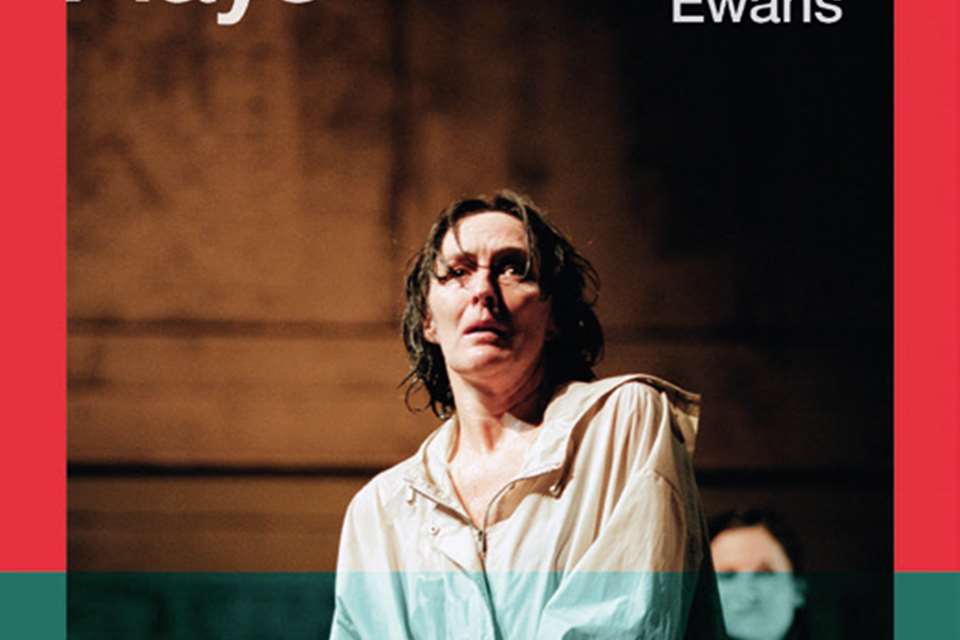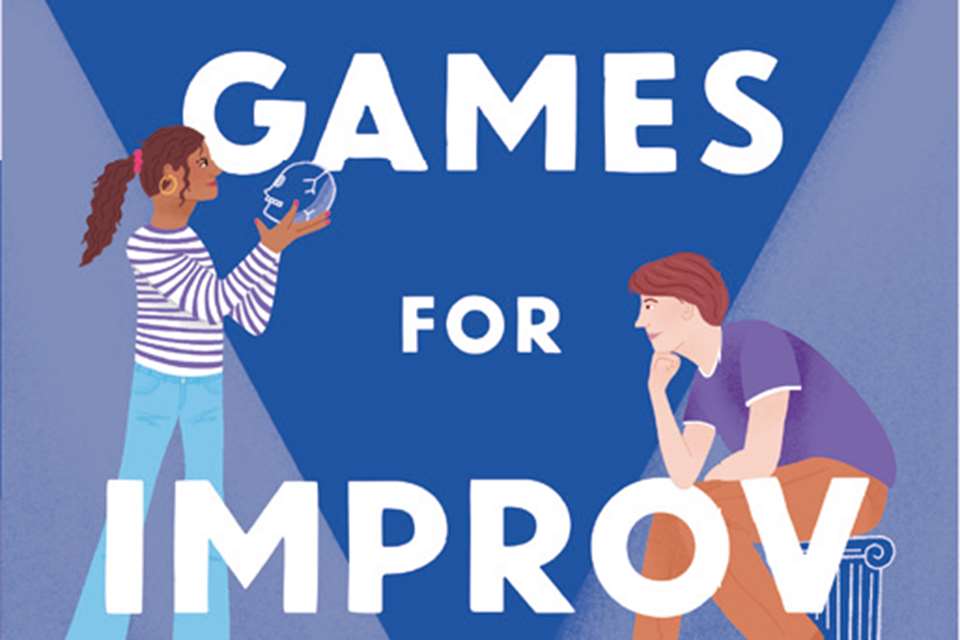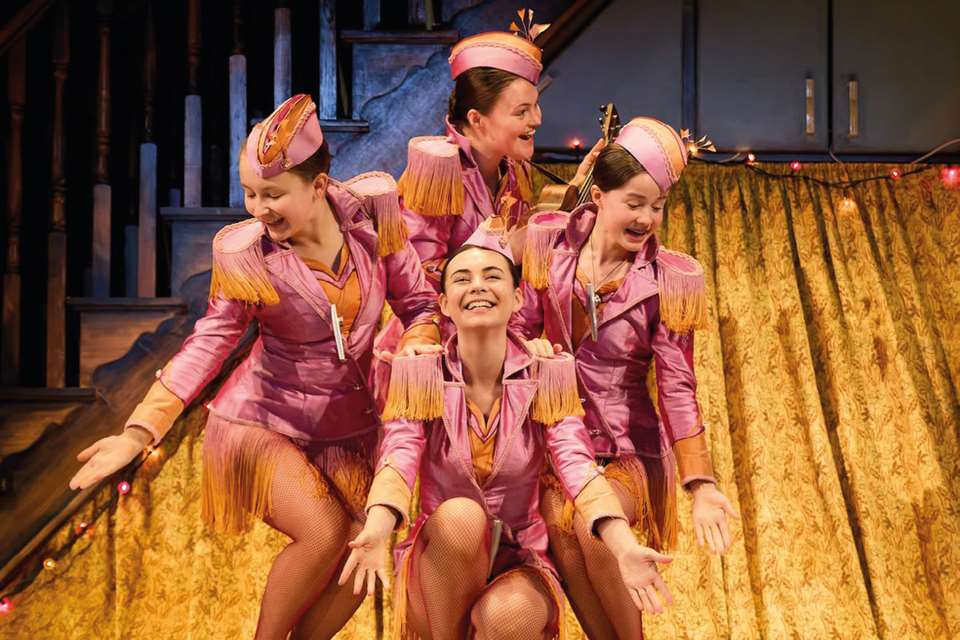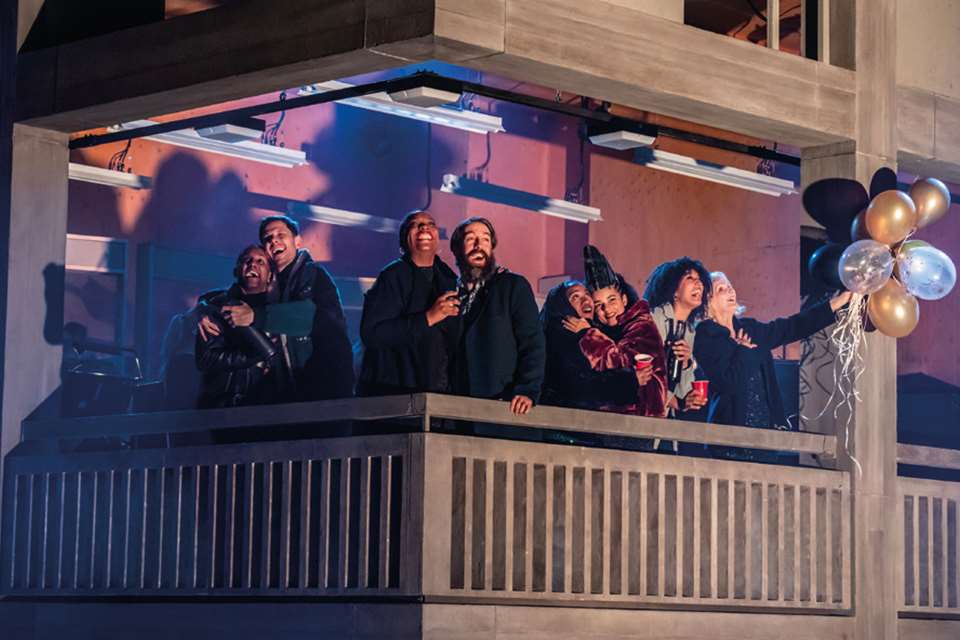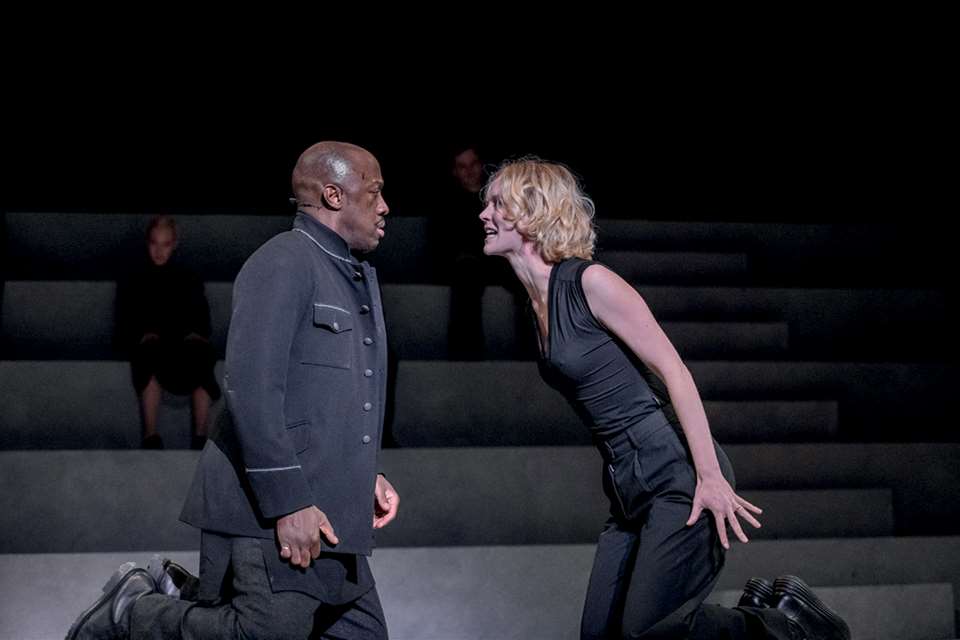What can we learn from the music education sector?
Steve Ball
Friday, March 1, 2024
There are a plethora of differences between the music and drama education sectors, not least being the existence of a National Curriculum for Music. Dr Steve Ball takes a look at what things we can learn from the music side, despite these differences

Adobe Stock / NGupaKarti
Many of us in the drama and theatre education sector have, over many decades, watched with a degree of envy the gains made by music educators. A quick review of the landscape reveals the progress they have made:
- Music is a foundation subject in the National Curriculum.
- There is a National Plan for Music Education (NPME). The first, was published in 2011 and the new NPME2 was published in June 2022, by the Department for Education and the Department for Culture, Media and Sport which sets out the government's priorities until 2030 for music education for children and young people. It includes a vision to ‘enable all children and young people to learn to sing, play an instrument and create music together, and have the opportunity to progress their musical interests and talents, including professionally.’
- The National Plan for Music Education includes an extensive network of 43 Music Education Hubs across England with renewed aims and strategic functions delivered through a ringfenced grant from Arts Council England on behalf of, the Department for Education.
- The National Plan also encourages every school (including multi-academy trusts) to have a Music Development Plan that captures the curricular and co-curricular offer and sets out how it will be staffed and funded.
- The Music Progression Fund, delivered through schools and Music Hubs, supports disadvantaged pupils with significant musical potential, enthusiasm and commitment.
- Arts Council England has a director of Music Education; no such role exists for drama and theatre education.
Universal challenges
I'm not suggesting that the music sector isn't facing challenges. Back in 2014 the Paul Hamlyn Foundation's Inspiring Music For All report suggested that despite the focused interventions of the last decade and considerable levels of government and charitable investment the quality and reach of primary and secondary school based music education is still unacceptably variable and inconsistent and identified lack of teacher confidence, poor spaces and resources and teaching strategies over-weighted to verbal and written analysis as key factors.
Despite these concerns there is no denying that drama and theatre education hasn't established itself within our education system as much as our music education counterparts. So, what can we learn from our music education colleagues? I'd suggest that there are three key lessons.
- Promote transferable skills Those of us that work the sector are well versed in the benefits of drama and theatre education in terms of academic achievement, social, emotional and cognitive development. However, there is a perception that music education is often viewed as having a more direct correlation with cognitive development, mathematical skills, and academic achievement which may have led politicians and policymakers to prioritise funding and support for music education over drama education. While respecting and promoting the value of drama as an art form we could as a sector be even more forthright in promoting the wider transferable skills associated with drama and theatre education.
- Uniting the sector Although there can be tensions among music educators – between those primarily concerned with learning to play an instrument, how music is taught in the classroom and assessment – the music education sector has been more united than the drama and theatre education sector. Although we are now more collaborative than ever before our sector has historically invested too much time arguing amongst ourselves and preaching to the converted, rather than making our case to policy makers and politicians. In some cases, this has involved competing factions with some in the drama as a learning medium camp (informed by the work of Dorothy Heathcote and Gavin Bolton) and others in the theatre as an art form camp (as advocated by David Hornbrook). Meanwhile in 1980s and 1990s whilst music educators were engaging with Government the Standing Conference of Young People's Theatre (SCYPT) was riven by party political infighting with some members arguing that there shouldn't even be a platform for Conservatives.
- High-profile individuals to champion the subject The level of advocacy and visibility that music education enjoys has significantly impacted political support for the sector. Music education has been championed by high profile celebrities including Sir Simon Rattle, Sir Paul McCartney and Taylor Swift. National treasures including Sir Ian McKellen and Dame Judi Dench have advocated for drama schools but we don't have high profile young actors acting as ambassadors for drama and theatre education. It may be that they are waiting to be asked?
I'm not suggesting that we place ourselves in opposition to music education but rather that we learn from them to address the disparity in political support, that we continue to emphasise the social and developmental benefits of drama and theatre education and that we strengthen our lobbying efforts highlighting the unique contribution that drama and theatre education can make to students' overall learning experiences.



